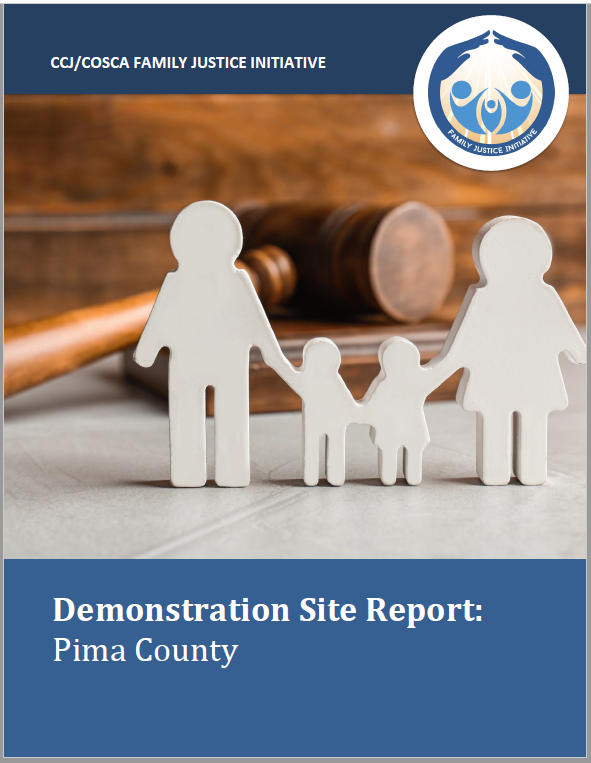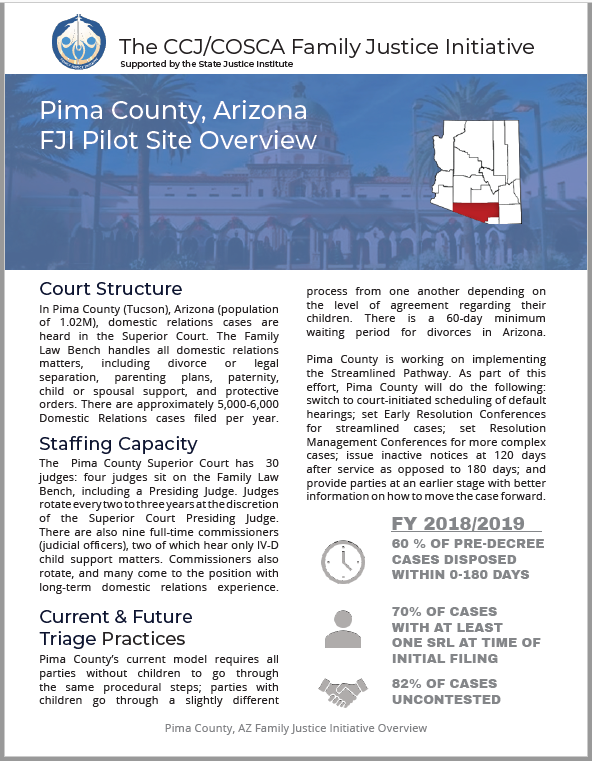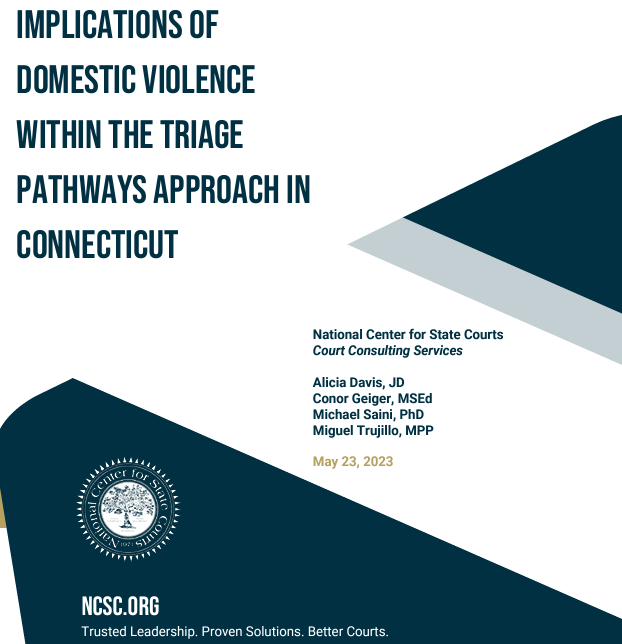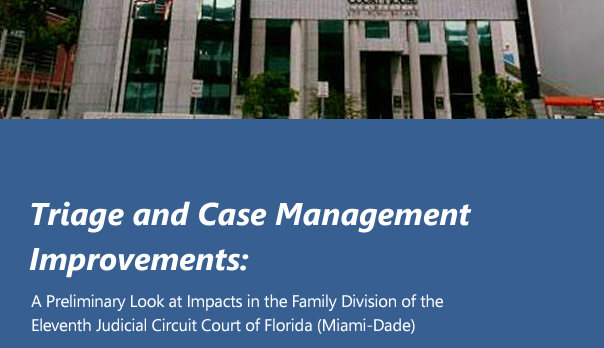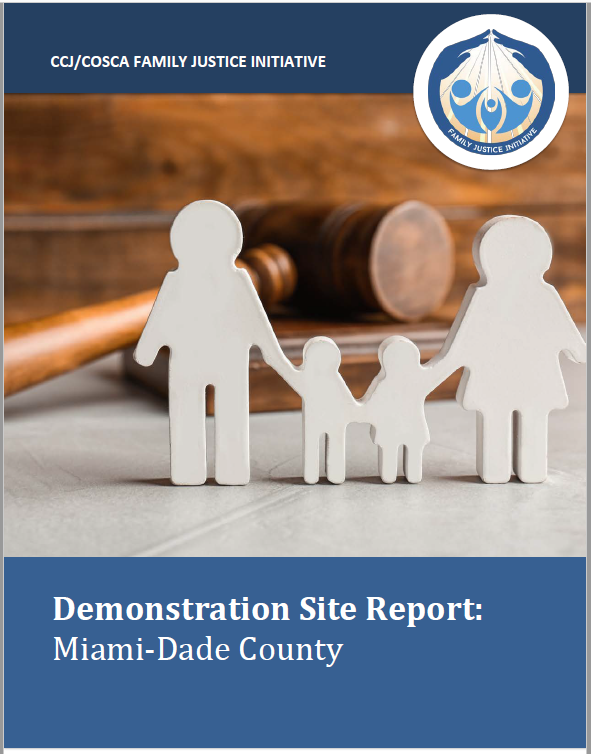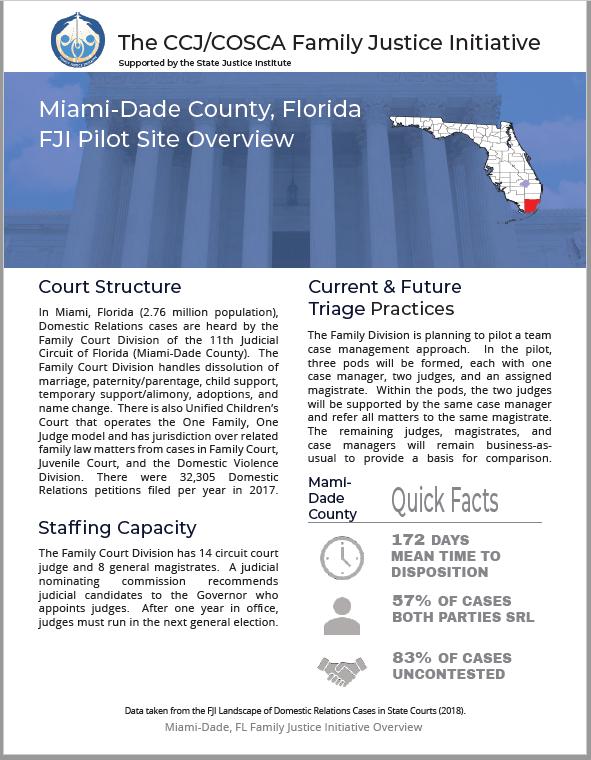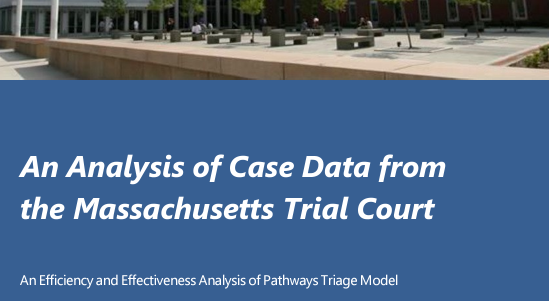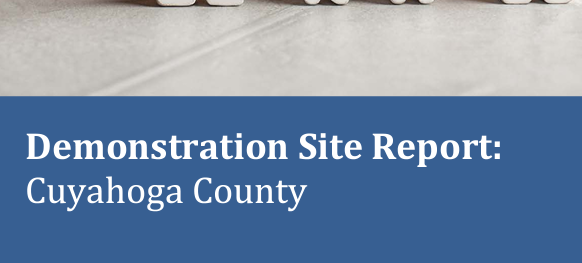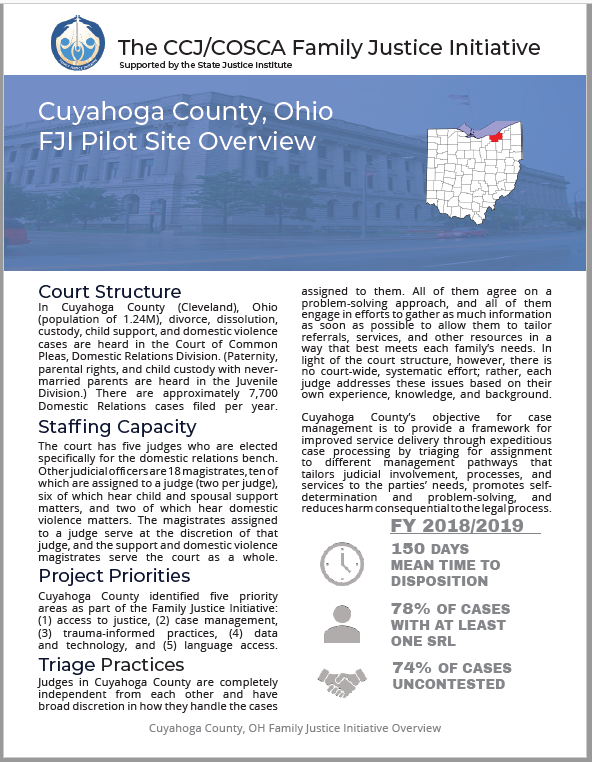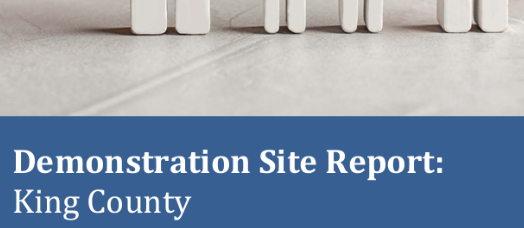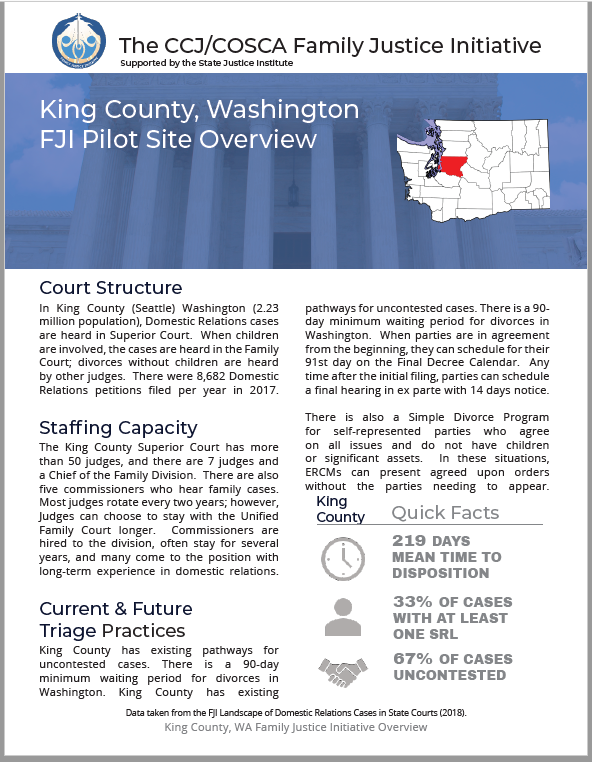Courts ranging in geographical location and size have piloted the Cady Family Justice Reform Initiative Principles and Model Court Pathways to demonstrate their feasibility in practice and effects on key outcomes for domestic relations cases. In working with the demonstration sites, project staff found that jurisdictions often already implemented several strategies aligned with these Principles and serve to support families throughout their domestic relations case.
Trending Topics
State Courts with Innovative Court Practices in Family Justice
Arizona (Pima and Maricopa County)

Pima County:
The Superior Court of Pima County serves a population of 1.02 million. The Family Law Bench oversees 5,000-6,000 divorce and legal separation, parenting plans, paternity, child or spousal support, and protective orders cases annually. The court embarked on a series of comprehensive reforms in accordance with the Family Justice recommendations. These included revising informational packets and forms, implementing a streamlined pathways approach, conducting additional judicial training on triage and case management, and enhancing data collection and reporting methods. Notably, Pima County's innovation in this area resulted in the development of a case management dashboard, which has gained national recognition for its effectiveness in assisting family judges in preventing family law backlog and meeting state time standards for family law.
Maricopa County:
The objective of this endeavor was to establish clear and objective criteria that serve as the foundation for data-driven decision-making. The aim was to identify cases that would benefit from early intervention, such as non-adversarial dispute resolution processes and self-represented litigant services. Additionally, the criteria would help identify cases that are likely to require more extensive resources and time. The insights gained from this study are expected to be valuable in effectively distributing workloads among judicial officers, ensuring maximum benefit to litigants in Maricopa County, and potentially serving as a model for other family courts nationwide.
Connecticut

Connecticut instituted a new Family Court process in January 2021. The new triage and pathways approach to family cases prioritizes bringing cases early to speak with family relations personnel to assess the needs of cases and make recommendations about the level of resources needed to bring cases to a successful resolution. The Connecticut Judicial Branch produced a video series to provide information about the new process. The videos include an overview of the new Family Court process, what parties should expect, the process regarding child custody and access, and the importance of staying out of conflict.
Once Connecticut implemented the triage tool and “Pathways” approach, they sought to study how the new Pathways Triage and Resolution Plan Date (“RPD”) processes were responding to intimate partner violence. This study evaluated the implications of domestic violence within a Triage Pathways Approach in Connecticut. Though preliminary in nature, early indications suggest that the approach assists in identifying risk and violence earlier in the process, and when identified, the court is responding appropriately. Though data were limited, this study indicated that the RPD process assisted in bringing parties and issues to the attention of the courts sooner. Further, when intimate partner violence was identified as an issue, the court provided more intensive services to protect individuals at risk of violence. Through the Triage Pathways Approach, at-risk families were placed on a path that provides additional services and procedural safeguards for their well-being and security.
Connecticut's New Family Court Process Overview
What Parties Should Expect
The Court Process Regarding Child Custody & Access
Staying Out of Conflict
Florida (11th Judicial Circuit, Miami-Dade County)
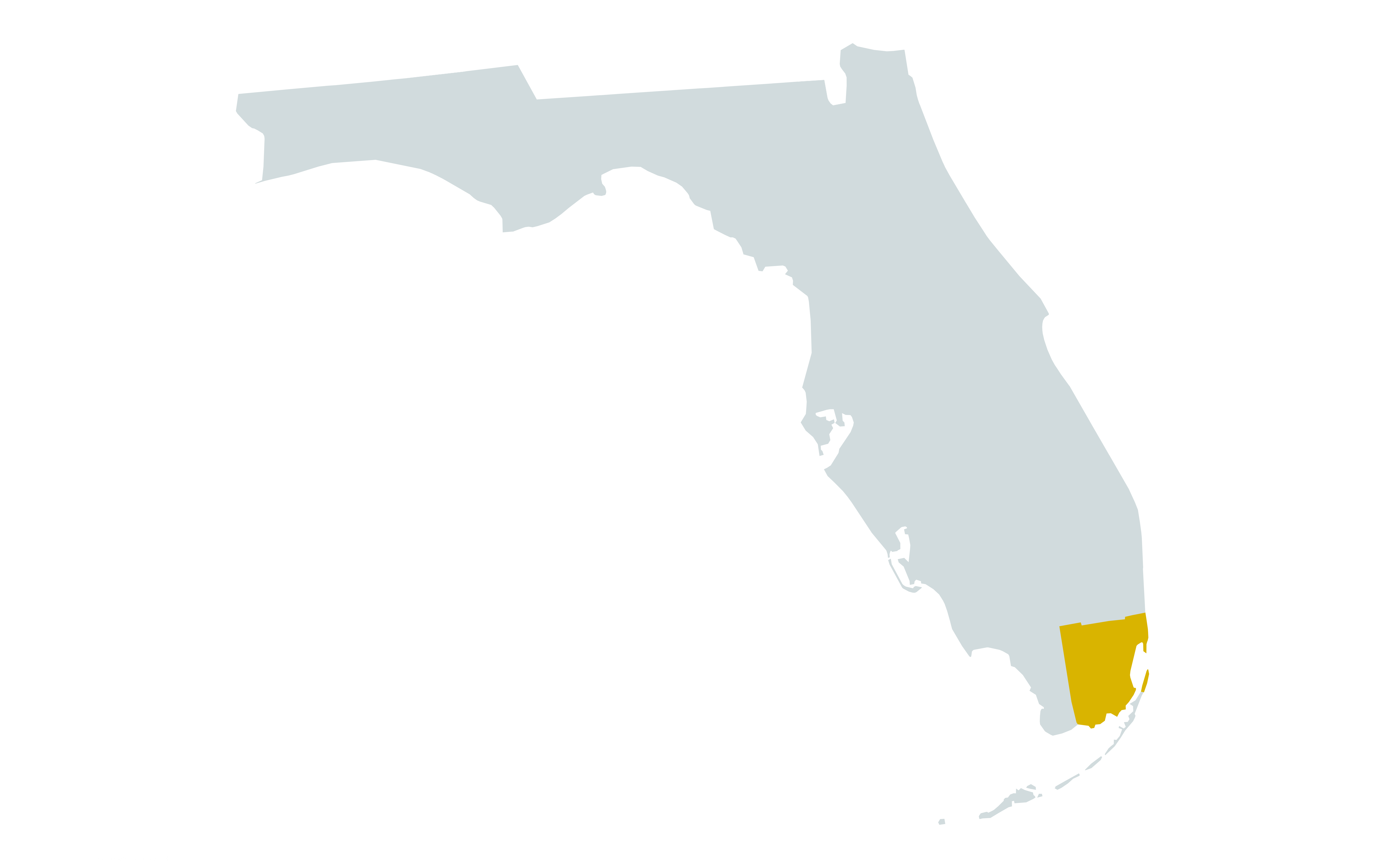
With a population of 2.76 million, Miami-Dade County in Florida assigns Domestic Relations cases to the Family Court Division of the 11th Judicial Circuit. The Court oversees a range of matters, including dissolution of marriage, paternity/parentage, and adoptions, handling 32,305 Domestic Relations petitions per year on average. The Family Division designed an innovative case management approach, drawing upon technological innovations such as courtMAP, an online management system that enables parties to self-schedule case events and send in documentation, provides automatic hearing notifications/reminders, and allows judges to create and send orders electronically. Miami-Dade also implemented the State of Florida Interactive Access (SOFIA) system in 2020 as a way to allow court users to complete court documents using easy to follow interviews containing plain language questions. Once court documents are completed through the system, they are sent to paralegals for review.
In 2021, the 11th Circuit Family Division in Miami, led by the Honorable Samantha Ruiz Cohen, re-initiated a triage/pathways approach in the Family Division. The 11th Circuit aimed to decrease judicial caseloads, enhance case preparation, and expedite resolution times, among other objectives. This involved implementing a Streamlined Track and creating a 11th Judicial Circuit Family Division Case Management Manual to optimize case processing. A critical aspect was the identification of cases suitable for the Super Streamlined process via a comprehensive analysis of various case types. To aid case management, the NCSC recommended tools like the "Super Streamlined Report," which identifies cases ready for expedited judicial review. The new procedures were implemented in February 2023. Early feedback indicates enhanced efficiency and satisfaction. Positive trends include expedited processing of Uncontested (UCD) cases and improved case progression due to proactive scheduling. The changes promise to allow judges to focus more on specific case needs, improving overall efficiency. Future efforts will monitor the model's performance, expecting further improvements as the model matures.
Kansas (Johnson County)

In Johnson County, a significant development has been the design of a set of triage questions that are now incorporated into the filing process. These questions serve to assess the specific needs and circumstances of the parties involved. The Court has approved a rule to ensure the confidentiality of the answers provided. This innovative triage process was implemented in April 2023 and has garnered positive feedback from judges, staff, and community service providers. Johnson County remains committed to evaluating the usability and efficiency of this process, aiming to further enhance its effectiveness in facilitating fair and timely resolution of cases.
Massachusetts

Massachusetts' Pathways program aimed to streamline the handling of family and domestic relations cases that were previously been disposed of. In collaboration with the National Center of State Courts, court staff developed new processes to identify post-decree case needs earlier and manage cases according to Pathways. Preliminary findings suggest that this approach contributes to increased efficiency as well as satisfaction among judges, staff, and parties involved. Notably, Pathways cases have a shorter median time to reach judgment (146 days) compared to Non-Pathways cases (162 days). Additionally, Pathways cases exhibit a shorter median time to the first event (67 days) compared to Non-Pathways cases (82 days). NCSC also found that despite having more events scheduled and held, Pathways cases tended to reach judgment quicker and were less likely to go to trial. The triage process, intended to identify party needs early in the process is an effective vehicle for meeting those needs and resolving cases.
Nevada

Nevada is undertaking significant reforms in its family justice system, characterized by the integration of technology and strategic planning. The move towards Automating Triage began in 2022, applying a framework developed with national court expertise. This process involves extracting key triage information from legal petitions and responses, facilitating more efficient case processing. Nevada’s adoption of this model reflects a commitment to applying technological solutions to improve judicial system operations. In parallel, Nevada is developing a portal specifically designed for those affected by domestic violence. This user-centered platform is part of a comprehensive strategy to support vulnerable populations, providing accessible and tailored legal resources. The portal aims to streamline the filing process for protection orders, enhancing the support provided to individuals navigating the legal system. Nevada’s initiatives also include the implementation of National Open Court Data Standards for Family Cases. This adoption of standardized data elements is intended to improve the quality and consistency of juvenile and family case data. Furthermore, Nevada is engaging in a community of practice that includes local, state, and national experts, focusing on best practices in juvenile and family case administration.
Ohio (Cuyahoga County)
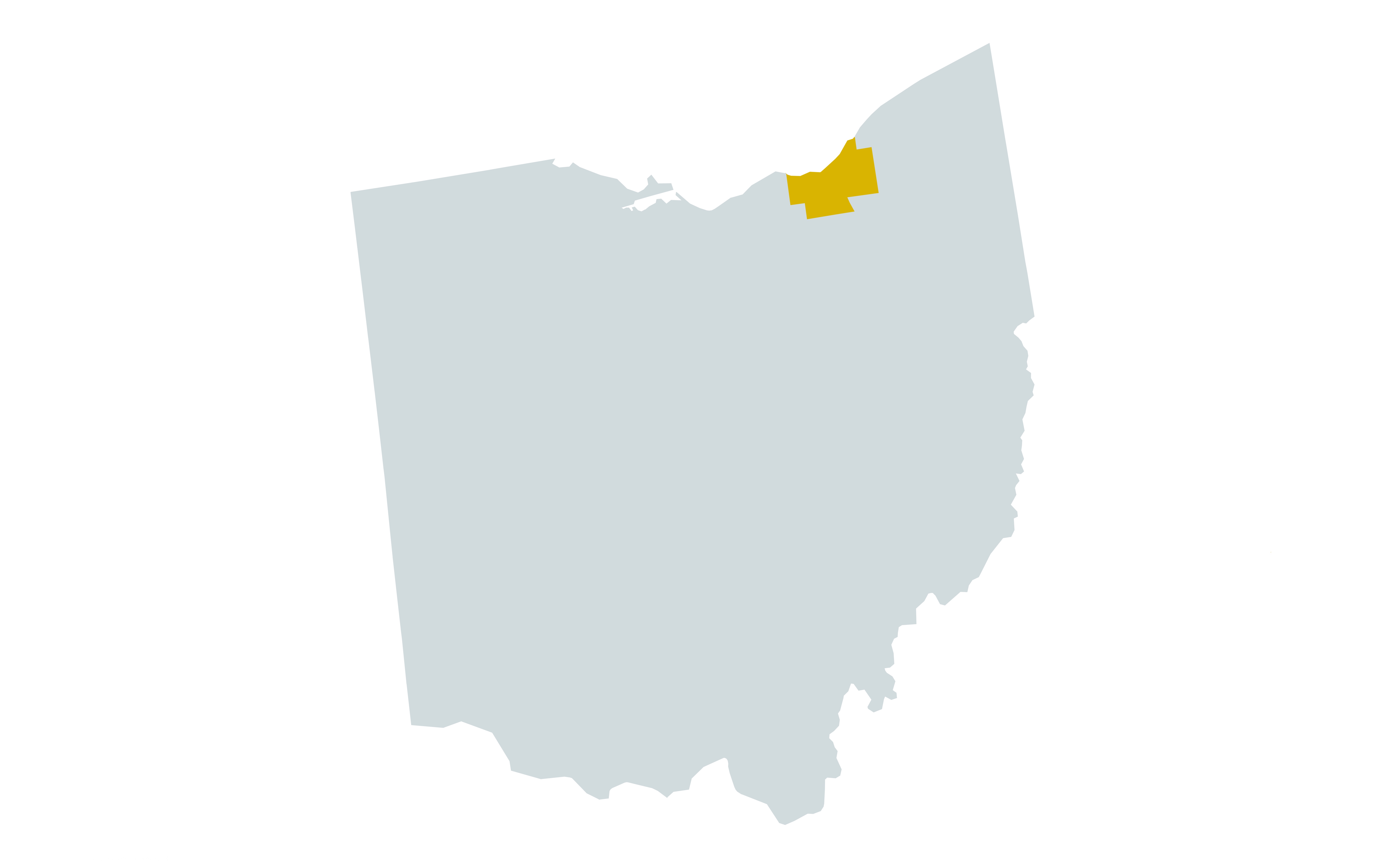
In Cuyahoga County with a population of 1.24 million, the Court of Common Pleas, Domestic Relations Division hears cases on divorce, dissolution, custody, child support, and domestic violence. They average approximately 7,700 Domestic Relations filings per year. The court prioritizes fostering healthy ongoing relationships between parties, employing a range of dispute resolution processes within their family courts' Triage System. Judicial officers work in collaboration with lawyers to assess each case and determine the process that could not only most effectively resolve the case but give parties the tools and understanding to create a foundation for a healthy, ongoing relationship and avoid the need to return to court.
Washington (King County)

With a population of 2.23 million, the King County Superior Court responds to approximately 9,000 Domestic Relations filings annually. The Superior Court follows several strategies aligning with the Family Justice Principles to support families throughout their cases. Notable strategies include problem-solving approaches like the Simple Dissolution program and various case management practices aimed at early resolution. The county has also invested effort in creating user-friendly forms and interfaces and offers quality judicial training through an experienced Family Court staff.
